TERF criticism to spark capital flight
This is shocking, frustrating, and certainly detrimental to investors
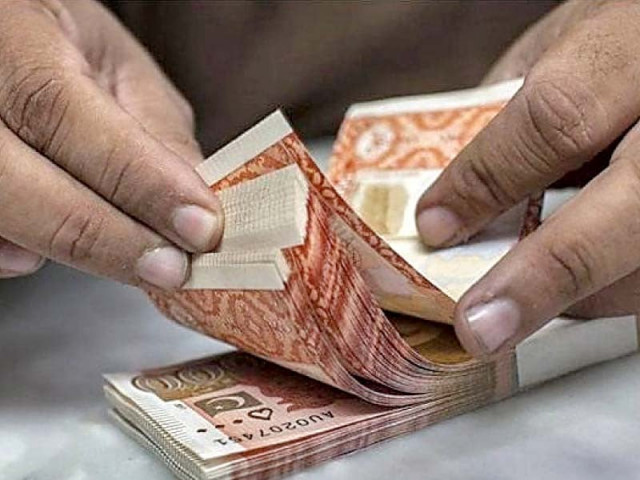
Investors in Pakistan seem to be cursed, literally. It has hardly been two weeks since the initial optimism following the agreement with the International Monetary Fund’s team, which led to currency stability, increased US dollar reserves, and positive performance in bond and equity markets. However, another issue has emerged unnecessarily.
Lawmakers have begun to question the intentions behind providing cheaper financing during the Covid-19 pandemic by the State Bank of Pakistan (SBP) under the Temporary Economic Refinance Facility (TERF). This is shocking, frustrating, and certainly detrimental to investors.
There are concerns that previous policymakers may have granted undue benefits to certain individuals or withheld concessionary financing from political opponents. However, this is a fundamentally incorrect misconception.
TERF offered a fixed interest rate of 5% to businesses undertaking new investments, including machinery upgrades, with the aim of promoting capital formation, machinery installation, job creation, and contributing to the country’s GDP growth. It is important to note that the SBP only provided the funds at a fixed 1% financing rate, while commercial banks charged a maximum spread of 4%. So, what was so wrong about this? It is easy to criticise with the benefit of hindsight.
It was not the SBP that selected the borrowers; that decision was made by the commercial banks. These banks conduct extensive due diligence, assess the creditworthiness of the borrower groups, and bear the associated risks.
Political influence should not and cannot play a role in such loans, unless they are provided by government-owned entities, which should not be the case in the first place. Therefore, it is disheartening when the names of the 600-plus individuals are sought, and even a mere hint of persecution of capitalists makes the news.
These borrowers, whether opportunists or capitalists, would be reluctant to invest in the future, despite it being a win-win situation for the government, business owners, and society as a whole. Measures that dent this confidence must be avoided.
If this capital expenditure of nearly Rs400 billion ($3 billion) on machinery and upgrades had not been undertaken, tax revenues would have been lower, jobs would have been scarce, and economic productivity would have suffered.
They would not have known that the same policymakers would push the country to the brink of default with a policy rate of 22%, which crippled the industry, especially when the majority of global central banks were providing stimuli to boost their economies at single-digit financing rates during the Covid-19 pandemic.
Even the world’s largest economy, the United States, has implemented regulations filled with incentives and subsidies to encourage business groups to reallocate capital and catalyse the economy. These include acts such as CHIPS and Science Act, Inflation Reduction Act, and Infrastructure Investment and Jobs Act.
While these are more extensive, comprehensive, and value-creating, they are designed to incentivise business groups with positive intentions. If the top 10 businesses in the world are the primary beneficiaries of certain stimuli, it should not be seen through a criminal lens.
Pakistan already suffers from concentrated businesses that are extremely wealthy but are also major job creators. Unfortunately, this is how economies are skewed when there is a lack of a vibrant SME sector. Now, for those who are blaming the previous leadership of the SBP for exacerbating imbalances in the current account deficit, it should be humbly recalled that approximately $80 billion worth of imports were made in FY23, and a mere $3 billion (4%) of TERF imports cannot be blamed for any economic setbacks.
If anything, when the economy rebounds, it will be the machinery procured through TERF that will spur exports and enhance the country’s long-term sustainable growth potential. Most of the lending was directed towards the textile sector, which still serves as the backbone of the country’s short to medium-term export potential.
There is always room for improvement. A portion of the financing could have been specifically allocated to the IT sector, and higher taxation could have been applied to the beneficiaries enjoying cheaper financing.
In comparison, the Mera Pakistan Mera Ghar scheme was targeted towards and benefited the bottom of the pyramid, but even that has now been abandoned.
Under the IMF, the Long-Term Financing Facility/ Economic Refinance Facility (LTFF/ERF) rate has been revised to 19%, which can hardly be considered concessionary or investment enhancing.
While Sri Lanka has reduced its interest rates to 11%, Pakistan has been in a contractionary regime for about a year, making it highly unlikely for any new investments to be made in the next few years.
In fact, current borrowers are already struggling to repay their loans and are restructuring them as we speak (eg, Power Cement has elongated its Rs12 billion long-term loans). It is evident that we are doing whatever it takes to attract foreign investments and offering the most lucrative returns, putting local businesses at a disadvantage.
Remember, no economy thrives on borrowed capital alone. Many job-creating investors have left the country and achieved much better returns in US dollars terms outside of Pakistan, keeping their money abroad. Therefore, before criticising local business groups, who are still exposed to Pakistan, we must exercise extreme caution. These are a handful of people who are still betting on “Project Pakistan.” Many would not survive the onslaught and are ready to escape. We need to keep some believers alive. Only the private sector can create enough jobs to utilise the country’s youth bulge.
The writer is an independent economic analyst
Published in The Express Tribune, July 10th, 2023.
Like Business on Facebook, follow @TribuneBiz on Twitter to stay informed and join in the conversation.

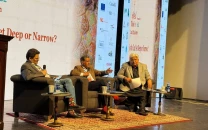

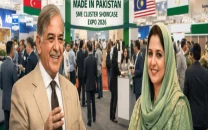
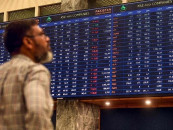
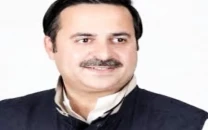













COMMENTS
Comments are moderated and generally will be posted if they are on-topic and not abusive.
For more information, please see our Comments FAQ